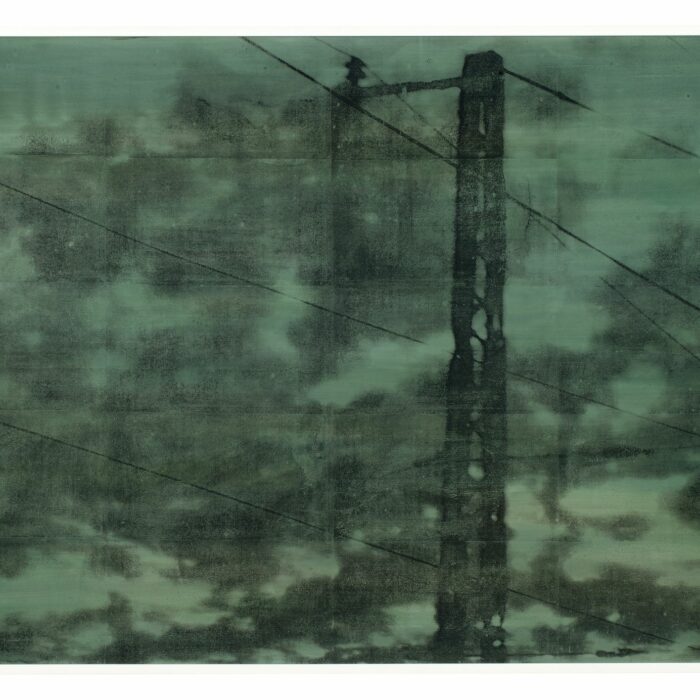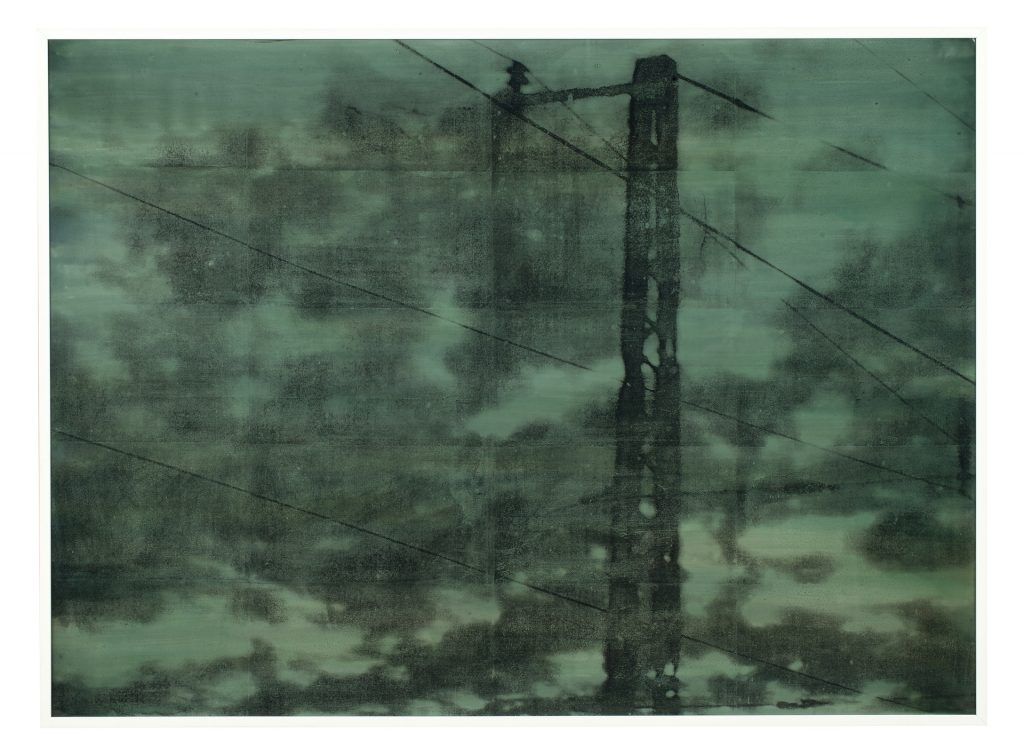Više umjetnika iz sljedeće zemlje:
Austrija

Ö.T.
Eva SCHLEGELClick on the coloured dots and discover the european historical context
Browse the calendar and discover the european historical context
- 1989.
- 1990.
- 1991.
- 1992.
- 1993.
- 1994.
- 1995.
- 1996.
- 1997.
- 1998.
- 1999.
- 2000.
- 2001.
- 2002.
- 2003.
- 2004.
- 2005.
- 2006.
- 2007.
- 2008.
- 2009.
-
1989.
Fall of the Berlin Wall
After weeks of civil unrest, the East German authorities open the crossing of the Berlin Wall in an act that symbolises the end of communist rule in Eastern Europe.
Enrique Barón Crespo
Enrique Barón Crespo served as President of the European Parliament from 1989 to 1992.
3rd European elections
In the third elections for the European Parliament a total of 518 MEPs from 12 countries are elected. The Socialists get more seats than anyone else (about 35%).
-
1990.
Reunification of Germany
East Germany is reunified with the Federal Republic of Germany. Parliament welcomes 18 non-voting observers to represent the new German provinces until elections in 1994.
2nd round of acquisitions
Continuation of the 2nd round of acquisitions: Belgium, Denmark, Germany and Greece.
-
1991.
Wars in former Yugoslavia
Slovenia and Croatia declare independence from Yugoslavia. Tensions between the nations that have been part of the collapsing federation lead to violent wars for much of the following decade despite peace-making efforts by Western powers.
2nd round of acquisitions
Continuation of the 2nd round of acquisitions: Greece and France.
-
1992.
Egon A. Klepsch
Egon A. Klepsch served as President of the European Parliament from 1992 to 1994.
2nd round of acquisitions
Continuation of the 2nd round of acquisitions: Ireland, Italy, Luxembourg and the Netherlands.
-
1993.
Maastricht Treaty
The Maastricht Treaty paves the way for the creation of the European Union and the euro. It introduces the codecision procedure giving Parliament an equal say with the Council in some areas of legislation and gives Parliament the power to approve the Commission as a whole.
Continuation of the 2nd round of acquisitions: the Netherlands and the United Kingdom.
-
1994.
Klaus Hänsch
Klaus Hänsch served as served as President of the European Parliament from 1994 to 1997.
1994 European elections
European elections are held for the fourth time. A total of 567 members of the European Parliament from 12 countries are elected with the Socialists forming the largest group (35%) ahead of the centre-right EPP (28%).
-
1995.
Enlargement
Austria, Finland and Sweden join the EU bringing the number of member states to 15.
-
1997.
José María Gil-Robles
José María Gil-Robles served as President of the European Parliament from 1997 to 1999.
Signature of Amsterdam Treaty
Signing of the Amsterdam Treaty. The Treaties establishing the European Communities and a few related acts were signed in the presence of the President of the European Parliament, José María Gil-Robles.
-
1998.
Belfast Agreement
The signing of the ‘Good Friday’ or ‘Belfast Agreement’ between the Irish and the British governments led to the end of 30 years of conflict in Northern Ireland.
-
1999.
1999 European elections
Voters from 15 EU countries go to the polls to elect 626 MEPs. The centre-right EPP-ED becomes the largest political group for the first time.
Nicole Fontaine
Nicole Fontaine served as President of the European Parliament from 1999 to 2002.
EURO
The euro was introduced to world financial markets as an accounting currency on 1 January 1999, replacing the former European Currency Unit (ECU).
Amsterdam Treaty
The Amsterdam treaty simplifies and broadens the application of the codecision lawmaking procedure. Parliament gets the right to approve the Commission president.
-
2000.
Charter of Fundamental Rights
The Charter of Fundamental Rights of the EU is solemnly proclaimed after having been drafted by a European convention with the active involvement of MEPs.
Article 13.
Freedom of the arts and sciences. The arts and scientific research shall be free of constraint. Academic freedom shall be respected.Charter of Fundamental Rights of the European Union (2000/C 364/01)
Acquisition programme
3rd round of acquisitions with Austria, Finland and Sweden.
-
2001.
National parliaments exhibiton in Brussels and Strasbourg. This exhibition was created at the initiative of President Gil Robles and was officially opened on 17 December 2001 by the then President Nicole Fontaine. It consists of works of art donated or loaned by 15 national parliaments.
-
2002.
Pat Cox
Pat Cox served as President of the European Parliament from 2002 to 2004.
Euro is launched
Euro notes and coins come into circulation – a crucial stage in the construction of an economic and monetary union in Europe.
-
2003.
Treaty of Nice
The Treaty of Nice reforms EU institutions to allow for the EU enlargement to Eastern Europe. It further extends the application of codecision.
-
2004.
2004 European elections
Elections for the European parliament take place in 25 member states. The centre-right EPP-ED win 37% of the 736 seats.
Josep Borrell
Josep Borrell served as President of the European Parliament from 2004 to 2007.
Eastern enlargement
Ten countries, mostly from Eastern Europe, join the EU in the largest enlargement so far: Cyprus, Czech Republic, Estonia, Hungary, Latvia, Lithuania, Malta, Poland, Slovakia and Slovenia.
-
2007.
Hans-Gert Pöttering
Hans-Gert Pöttering served as President of the European Parliament from 2007 to 2009.
Acquisition programme
Acquisition programme of works of art from Cyprus, Czechia and Estonia following the Bureau decision from 13 December 2006
Enlargement: Bulgaria, Romania
Bulgaria and Romania join the EU.
-
2008.
Acquisition programme of works of art from Hungary and Latvia following the Bureau decision from 13 December 2006.
-
2009.
2009 European elections
In the seventh European elections voters from 27 countries elect 736 MEPs. The centre-right EPP retains its majority, taking about 36% of the seats, followed by the Socialists and Democrats with 25% and Liberals with 11%.
Jerzy Buzek
Jerzy Buzek served as President of the European Parliament from 2009 to 2012.
Acquisition programme
Acquisition programme of works of art from Poland and Lithuania following the Bureau decision from 13 December 2006
Lisbon Treaty
The Treaty of Lisbon completes the institutional reform of the EU and makes the Charter of Fundamental rights legally binding. The Parliament is put on an equal decision-making footing with EU governments in all but a few legal areas.
